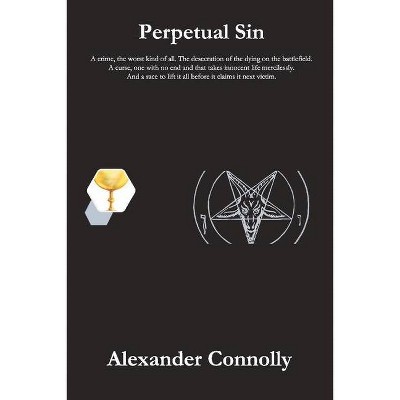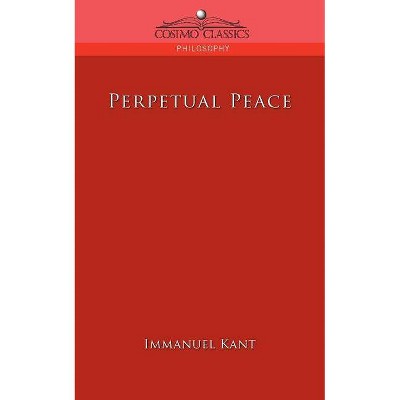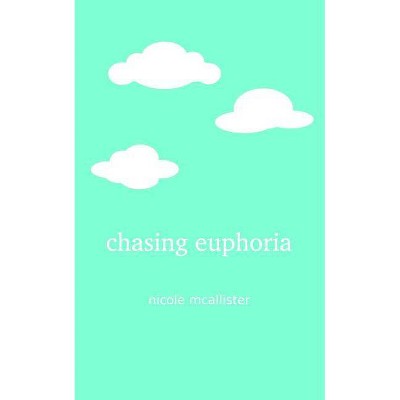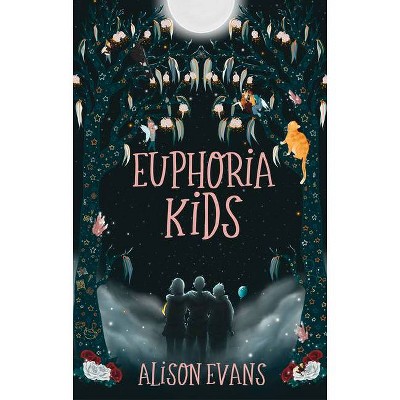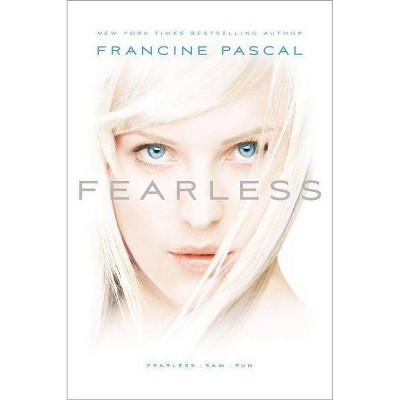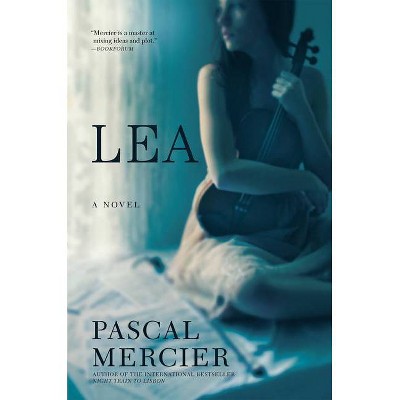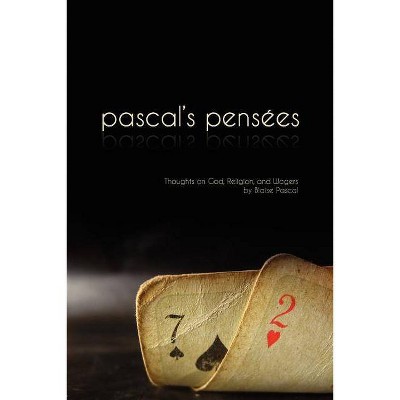Perpetual Euphoria - by Pascal Bruckner (Paperback)
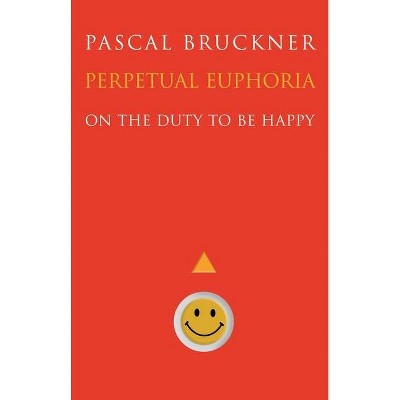
Similar Products
Products of same category from the store
AllProduct info
<p/><br></br><p><b> Book Synopsis </b></p></br></br><p><b>How happiness became mandatory--and why we should reject the demand to be happy</b> <p/>Happiness today is not just a possibility or an option but a requirement and a duty. To fail to be happy is to fail utterly. Happiness has become a religion--one whose smiley-faced god looks down in rebuke upon everyone who hasn't yet attained the blessed state of perpetual euphoria. How has a liberating principle of the Enlightenment--the right to pursue happiness--become the unavoidable and burdensome responsibility to be happy? How did we become unhappy about not being happy--and what might we do to escape this predicament? In <i>Perpetual Euphoria</i>, Pascal Bruckner takes up these questions with all his unconventional wit, force, and brilliance, arguing that we might be happier if we simply abandoned our mad pursuit of happiness. <p/>Gripped by the twin illusions that we are responsible for being happy or unhappy and that happiness can be produced by effort, many of us are now martyring ourselves--sacrificing our time, fortunes, health, and peace of mind--in the hope of entering an earthly paradise. Much better, Bruckner argues, would be to accept that happiness is an unbidden and fragile gift that arrives only by grace and luck. <p/>A stimulating and entertaining meditation on the unhappiness at the heart of the modern cult of happiness, <i>Perpetual Euphoria</i> is a book for everyone who has ever bristled at the command to be happy.</p><p/><br></br><p><b> Review Quotes </b></p></br></br><br>[<i>Perpetual Euphoria</i>] is a hugely entertaining argument that traces the pursuit of happiness through the French and American revolutions and concludes that we should all relax because it is only through peace of mind that true happiness is found.<b>---Bruce Elder, <i>Sydney Morning Herald</i></b><br><br>[A] brilliant book. . . . <i>Perpetual Euphoria</i> is more than a book. It is a manifesto. It is a work of genius. It is my bible.<b>---Roger Lewis, <i>Daily Mail</i></b><br><br>Bruckner gives us a nuanced and mature reflection on the nature of happiness in light of past reflections and cultural criticism of the West. . . . [He] is well worth reading, especially since he cannot and has not escaped framing his entire book in the Christian categories of Augustine, Thomas, and Pascal.<b>---Gregory Edward Reynolds, <i>Ordained Servant Online</i></b><br><br>Finalist for the 25th Annual Translation Prize (Nonfiction), French-American Foundation & Florence Gould Foundation<br><br>The happiness-promotion and happiness-backlash schools are locked today in a weird, symbiotic struggle. Weighing in on the side of the anti-happiness underdog is this sublime rhetorical performance by the novelist and philosophe Bruckner, denying serially that the individual has a duty to pursue happiness; that happiness could be a social goal; that happiness is the opposite of boredom, or the absence of suffering, or the fulfillment of plans.<b>---Steven Poole, <i>Guardian</i></b><br><br>This book is stimulating, sometimes funny, and an antidote to the worship of all that is considered 'cool.'<b>---Julia Pascal, <i>Independent</i></b><br><br><i>Perpetual Euphoria</i> is a beautiful essay. Lively, corrosive, brilliant.... Woven from pure emotion.-- "Le Journal du Dimanche"<br><br>Pascal Bruckner . . . in this witty, iconoclastic and thoroughly enjoyable polemic he shows how anxious and miserable life becomes when it is ruled by an obsessive preoccupation with feeling happy. Bruckner's range of reference is admirably wide. . . . [<i>Perpetual Euphoria</i>] is studded with arresting thoughts and questions.<b>---John Gray, <i>Literary Review</i></b><br><br>This exciting book explores the vicious paradox that the Enlightenment has left: one is obligated to find happiness and punish oneself if one fails to do so. . . . This book is fun to read.-- "Choice"<br><br>A writer who has inherited the mantle of the French moralists' grand tradition.-- "Le Monde"<br><br>As an essayist in the tradition of Kundera and Montaigne, Bruckner has a bracing knack of distilling the attitudes of the contemporary moment and helping us appraise them anew.-- "The Age"<br><br>Pascal Bruckner's essay is a subtle attack, both scholarly and ironic, against the new obligation of being happy.-- "La Croix"<br><br>This lively and acerbic exploration of happiness attacks the assumption that we somehow have a duty to be happy, that to fail to achieve happiness is in effect to fail as a human being, and offers the intriguing alternative view that an interesting but difficult life has more value than a comfortable but trivial one.-- "Good Book Guide"<br><p/><br></br><p><b> About the Author </b></p></br></br><b>Pascal Bruckner</b> is the award-winning author of many books of fiction and nonfiction, including the novel <i>Bitter Moon</i>, which was made into a film by Roman Polanski. Bruckner's nonfiction books include <i>The Tyranny of Guilt</i> (Princeton), <i>The Temptation of Innocence</i>, and <i>The Tears of the White Man</i>.
Price History
Price Archive shows prices from various stores, lets you see history and find the cheapest. There is no actual sale on the website. For all support, inquiry and suggestion messages communication@pricearchive.us


